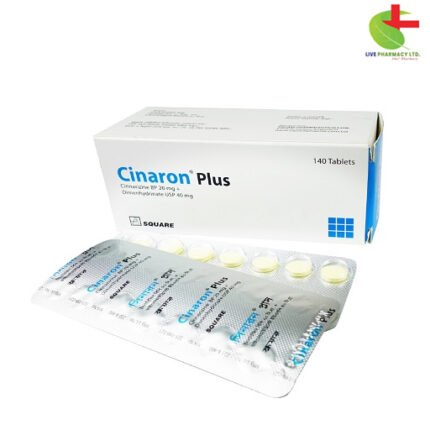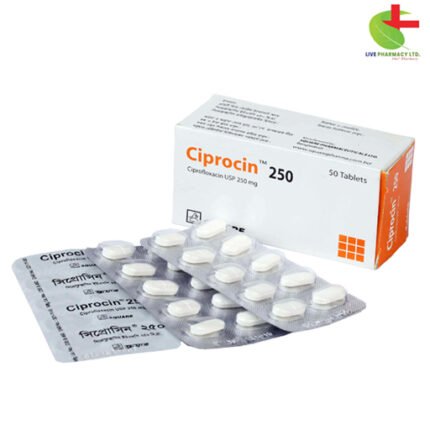Alatrol 15ml
28.00৳ Bottle
- Alatrol provides relief from symptoms of seasonal and perennial allergic rhinitis, as well as skin manifestations of chronic idiopathic urticaria and allergen-induced asthma.
- Powered by Cetirizine Hydrochloride, it effectively targets histamine receptors to minimize allergic reactions.
- This medication ensures relief without causing drowsiness or behavioral changes, making it suitable for daily use.
- With flexible dosing options available for both adults and children, Alatrol offers tailored treatment for various age groups.
- Endorsed by healthcare professionals, it is trusted for its safety and efficacy in managing allergies.
 Brand
Brand
|
Square Pharmaceuticals PLC |
|---|---|
 Generics
Generics
|
Cetirizine Hydrochloride |
Indications
Alatrol is prescribed for alleviating symptoms linked to seasonal and perennial allergic rhinitis. Moreover, it is effective in treating the uncomplicated skin manifestations of chronic idiopathic urticaria and allergen-induced asthma.
Pharmacology
Cetirizine Hydrochloride, a potent H1 receptor antagonist, exhibits minimal anticholinergic and antiserotonic effects. It ensures negligible drowsiness and no behavioral changes at active dose levels. By inhibiting histamine-mediated allergic reactions, it mitigates both early and late phases of allergic responses, reducing inflammatory cell migration and mediator release.
Dosage & Administration
For Cetirizine oral dosage form:
Adults and Children 6 years and older: 1 tablet or 2 teaspoonfuls daily (or 1 teaspoonful twice daily). Children 2-6 years: 1 teaspoonful once daily or 1/2 teaspoonful twice daily. Children 6 months to 2 years: 1/2 teaspoonful once daily. The dosage for children 12-23 months old may be increased to a maximum of 1/2 teaspoonful every 12 hours.
For Cetirizine injectable dosage form: Administered intravenously, Alatrol is recommended once every 24 hours for acute urticaria treatment.
Interaction
Alatrol shows no clinically significant interactions with drugs like Theophylline, Azithromycin, Pseudoephedrine, Ketoconazole, or Erythromycin.
Contraindications
Avoid in patients with a history of hypersensitivity to Cetirizine or hydroxyzine.
Side Effects
The most common side effect associated with Alatrol is somnolence.
Pregnancy & Lactation
Cetirizine Hydrochloride falls under US FDA Pregnancy Category B. Though adequate studies in pregnant women are lacking, caution is advised during pregnancy. Since Cetirizine Hydrochloride is excreted in human milk, nursing women should use it cautiously.
Precautions & Warnings
Exercise caution while driving or operating heavy machinery.
Use in Special Populations
In patients with hepatic or renal insufficiency, total body clearance of Alatrol is reduced, necessitating adjusted dosage. Safety in pediatric patients aged 6 months to 5 years has been demonstrated. Clearance reduction in elderly patients correlates with decreased creatinine clearance.
Therapeutic Class
Sedating Antihistamine
Storage Conditions
Store in a dry place, away from light and heat, and keep out of reach of children.













Reviews
There are no reviews yet.